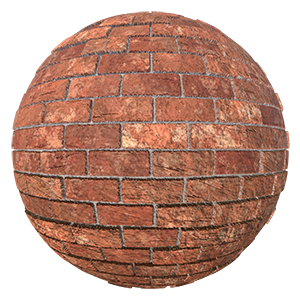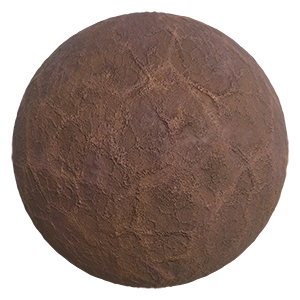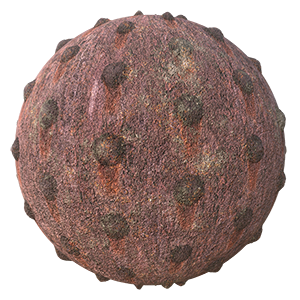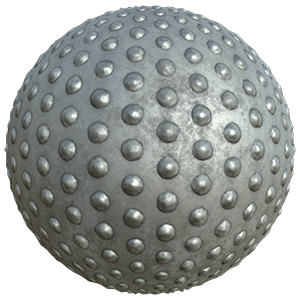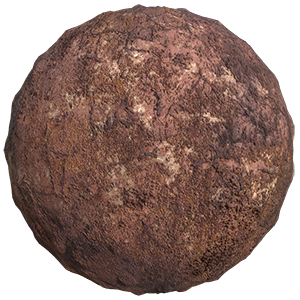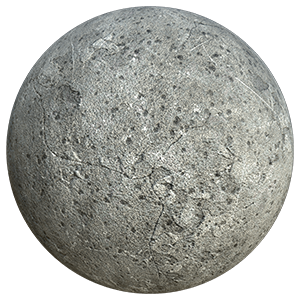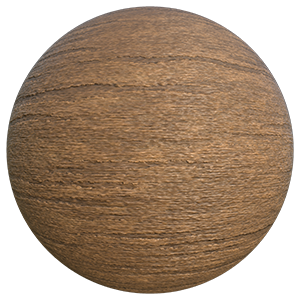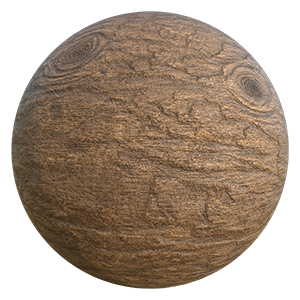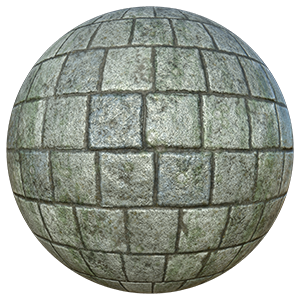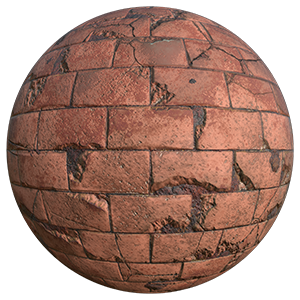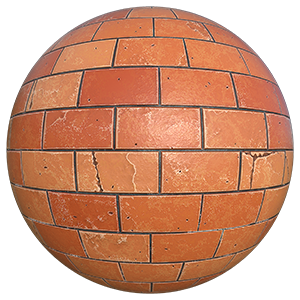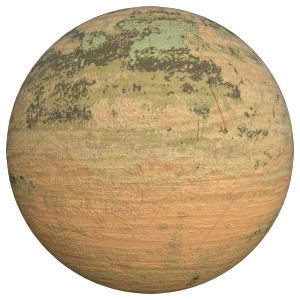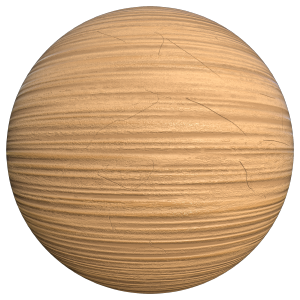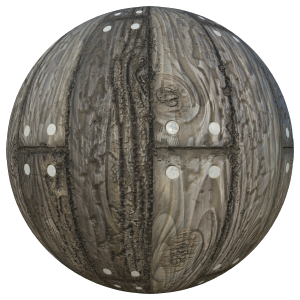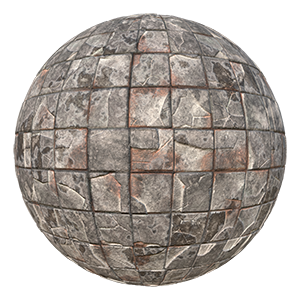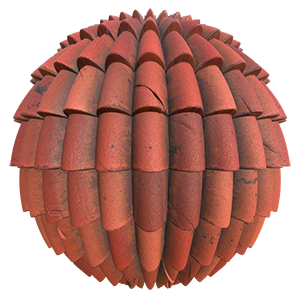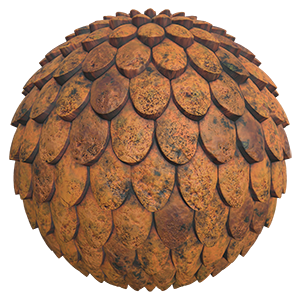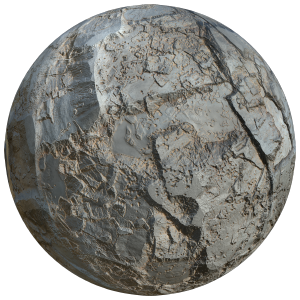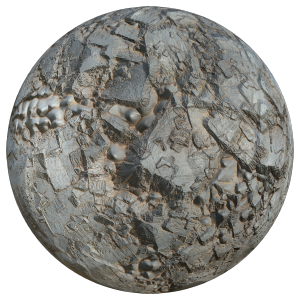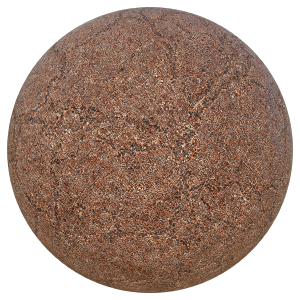They are classical red bricks widely used in many European countries including United Kingdom, Netherlands etc.
If you inspect the bricks carefully, you will find trowel marks on it. Of course, pits, scratches, worn and damaged areas also exist.
If you inspect the bricks carefully, you will find trowel marks on it. Of course, pits, scratches, worn and damaged areas also exist.
It is a piece of totally worn leather.
The superficial is completely ripped off, so the underneath vein or root like texture is exposed. The inner texture is like a network spreading across the whole surface.
The superficial is completely ripped off, so the underneath vein or root like texture is exposed. The inner texture is like a network spreading across the whole surface.
It is a tremendously rusted metal plate. Thick layers of rust cover the whole iron surface, but the rust is thinner around round cap nails.
The rust has different colors including light brown, dark brown, orange and black.
Scratches can also be found on the rusty superficial.
The rust has different colors including light brown, dark brown, orange and black.
Scratches can also be found on the rusty superficial.
This highly oxidized metal plate is full of round cap nails, but well aligned. It is usually used as covers for containers.
Dirt has accumulated around round caps as those are good places to hide debris.
Oxidation has different degrees too. It can be proved by different reflectivity.
Of course, scratches cannot be omitted for oxidized iron metals.
Dirt has accumulated around round caps as those are good places to hide debris.
Oxidation has different degrees too. It can be proved by different reflectivity.
Of course, scratches cannot be omitted for oxidized iron metals.
This texture is a completely rusted out metal plate which has a few layers of rust. Due to weathering, the iron has different degrees of worn out parts and eroded areas. Corroded surface makes its surface highly bumpy.
This concrete texture has cracks, pitting, flakes and scratches on the surface.
This texture is suitable for walls and pavements.
This texture is suitable for walls and pavements.
All barks are running in parallel along the surface. These parallel barks give the uniqueness of this wood texture.
A few deep and big barks randomly appear on the tree skin. If SBSAR file is used, the depth of these big barks can be adjusted.
Similar texture can be found in wooden doors etc.
A few deep and big barks randomly appear on the tree skin. If SBSAR file is used, the depth of these big barks can be adjusted.
Similar texture can be found in wooden doors etc.
Definitely, it is a very primitive tree bark texture. The skin is very bumpy, uneven and has a lot of barks.
The prominent tree rings give the uniqueness of this tree bark texture.
It is favorable for industrial-style furniture.
The prominent tree rings give the uniqueness of this tree bark texture.
It is favorable for industrial-style furniture.
Those gray bricks have a lot of mosses on the surface. If they are enlarged, lichens can also be found.
This texture is rather bumpy and coarse.
It can act as both a wall material and a floor material.
This texture is rather bumpy and coarse.
It can act as both a wall material and a floor material.
They are typical red bricks. Some bricks are broken while some have cracks. They have rough surface.
Cement is found on some bricks too.
Cement is found on some bricks too.
They are red bricks with cracks, pits and pores on the surface. Some of the bricks have been etched due to weathering.
Worn out marks can easily be seen.
Worn out marks can easily be seen.
This scratched wood is covered with countless mosses and mold/mould.
There are different colors of mosses. It implies it is a habitat of many species of mosses.
It is the optimal texture for antique furniture which is usually full of mold.
There are different colors of mosses. It implies it is a habitat of many species of mosses.
It is the optimal texture for antique furniture which is usually full of mold.
It is a light brown wood with a lot of scratches. The wood pattern is pretty distinguishable.
This material is right for desks, school chairs and cupboards.
This material is right for desks, school chairs and cupboards.
They are very rough wood planks having remarkable wooden barks on the surface. Each corner of a plank is fixed by an iron nails.
It is extremely decent for flooring.
It is extremely decent for flooring.
This is an old-fashioned square tiles. The tiles are severely damaged, so it exposes the white and brown base material.
It is extremely bumpy and with many missing pieces.
It is extremely bumpy and with many missing pieces.
Among all rooftop tiles, this one must be the most typical. In both eastern and western countries, people also use this tiles for roofing.
Some tiles are broken and dirt can be found on them.
Some tiles are broken and dirt can be found on them.
The classical fish scale roof tiles make up this weary rooftop texture. It is a worn-out rooftop with a lot of dirt, scratches and mosses.
The surface is rather bumpy and holey due to aging.
The surface is rather bumpy and holey due to aging.
These rocks have a lot of sharp edges and the surface is full of tiny stones.
If you examine the edges closely, you will find there is sand between rocks.
This texture is appropriate for both walls and floors.
It is a variant of Rock 0001, but without pebbles.
If you examine the edges closely, you will find there is sand between rocks.
This texture is appropriate for both walls and floors.
It is a variant of Rock 0001, but without pebbles.
These rocks have a lot of sharp edges and the surface is full of tiny stones and pebbles.
If you examine the edges closely, you will find there is sand between rocks.
If you examine the edges closely, you will find there is sand between rocks.
Undoubtedly, this is a dry out land leaving numberless cracks on the surface.
It also looks like a soil texture.
Walls of some ancient houses were made of mud. After being dry, the texture of those walls look similar to this texture too.
It also looks like a soil texture.
Walls of some ancient houses were made of mud. After being dry, the texture of those walls look similar to this texture too.
